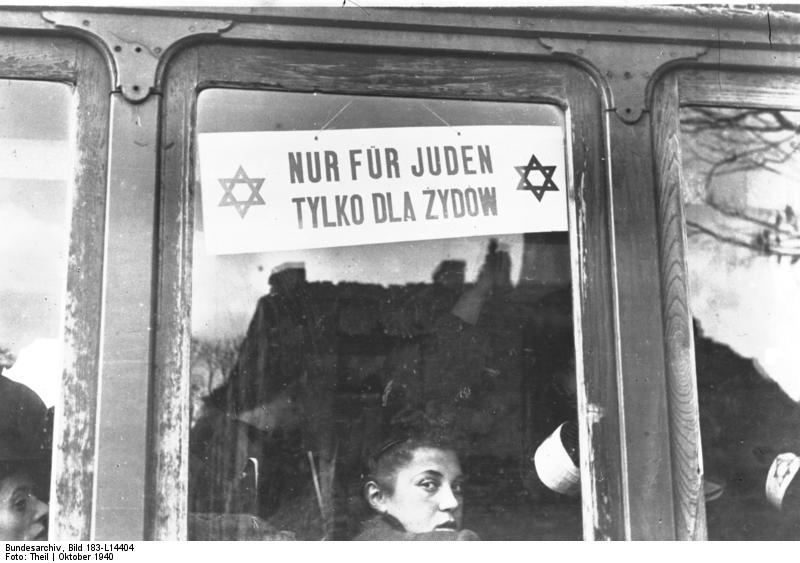The Second World War and the German occupation had a great impact on the everyday life of European citizens.
Conditions and legislation in individual countries differed depending on whether they were occupied by or collaborated with the Third Reich. Additionally, occupied countries were not treated equally. In Western Europe, the occupation had a different nature than in East-Central Europe. For example, the Germans did not employ terror or various types of repression there on such a scale as, say, in the General Government (GG) or the Baltic states, Ukraine, or the Balkans.
In Western Europe, they also attempted to at least maintain the sham of decent treatment of civilians. Some administrative authority was left to local officials with control only over their actions. In principle, higher education functioned normally there. The press was also published, albeit with German censorship.


